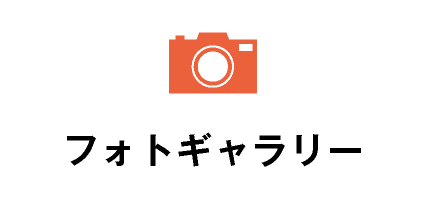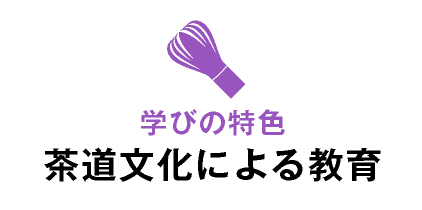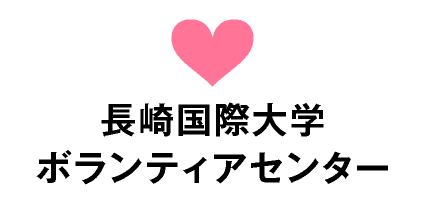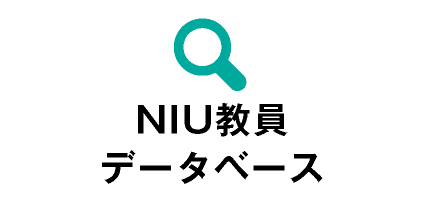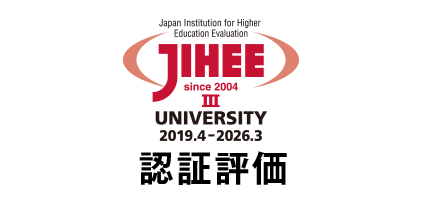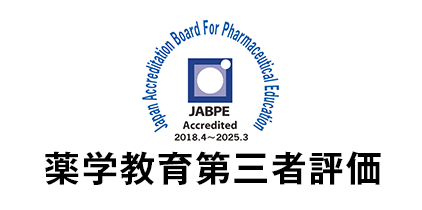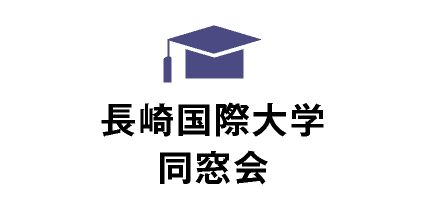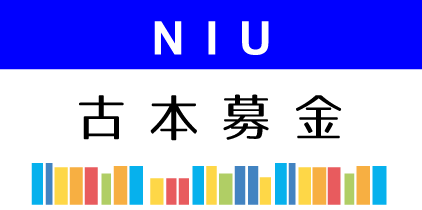The Department of Pharmacy was established in 2006. It was the year when a six-year course started in the Faculty of Pharmaceutical Sciences and when higher skills than ever before were required of pharmacists as healthcare professionals. The Department of Pharmacy started against such a background and offers education that aims to foster pharmacists as drug experts. What image do you have of pharmacists as drug experts? Needless to say, pharmacists must have basic drug knowledge in the efficacy, potency, and dangerous side effects of drugs.
Today, pharmacists are required to have communication skills as well as basic drug knowledge. For example, as the aging of the population accelerates, opportunities to explain drug effects to elderly people also increase. On such occasions, if pharmacists use difficult technical terms, would the elderly people understand them? Moreover, in order to conduct team-based medical care for patients, communication with other specialists, such as physicians, nurses, and dietitians, is also required. Thus, pharmacists are required to demonstrate rich humanity, including communication skills and a sense of ethics, as well as a broad range of drug knowledge.
In the Department of Pharmacy, students can choose a wide range of liberal arts subjects from among subjects common to all faculties during their early school years. In addition, a year-round small group discussion-based foundation seminar led by the teacher in charge is set as one of the mandatory subjects for freshmen. Early experiential learning and volunteer activities are included in this foundation seminar through which students acquire communication skills, build the image of a pharmacist that they aim to become, and develop a sense of ethics as healthcare professionals. From the second year to the fourth year, students study a large number of specialized subjects in pharmacy and participate in practicums and exercise classes that are designed to enhance the ability to detect and solve problems. In the fifth year, a six-month on-the-job training program is conducted where students put the specialized knowledge and skills that they have learned into practice. Through this long on-the-job training at hospitals and insurance dispensing pharmacies, students experience the actual work of a pharmacist as a healthcare professional and realize that communication with patients and with medical team members has a great impact on their commitment to future work as pharmacists.
Pharmacists are healthcare professionals who play an important role as drug specialists in team-based medical care and community health and medical services. In order to become healthcare professionals who have a direct impact on human lives, it is critical for pharmacists to have the strong determination to continue their efforts in an incessant manner. For the six years in the Department of Pharmacy, we, the faculty members, join forces to support students’ efforts to become competent pharmacists based on the principle of Nagasaki International University, “Always with humanity, always from the heart.”








